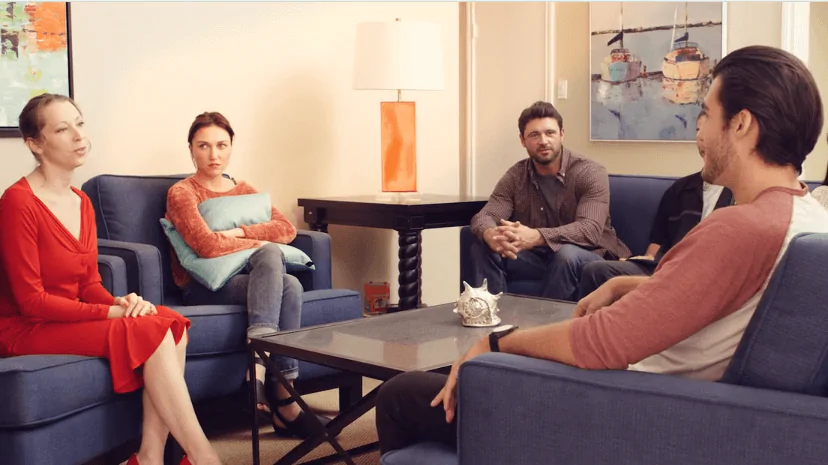24/7 Helpline:
(866) 899-221924/7 Helpline:
(866) 899-2219
Learn more about PTSD Rehab centers in Redkey
PTSD Rehab in Other Cities

Other Insurance Options

Sutter

Self-pay options

MHNNet Behavioral Health

BlueCross

Magellan

Optum

BHS | Behavioral Health Systems

American Behavioral

Group Health Incorporated

Anthem

Carleon

Meritain

State Farm

CareSource

Access to Recovery (ATR) Voucher

UnitedHealth Group

Humana

Regence

Amerigroup

Horizon Healthcare Service

The Resource Center – Counseling & Psychiatric
The Resource Center - Counseling & Psychiatric is dedicated to provide behavioral health services to...















Counseling and Psychiatric Services – Gateways
Counseling and Psychiatric Services – Gateways is a private rehab located in Dunkirk, New York. Coun...

Dunkirk Office of Behavioral Health
Dunkirk Office of Behavioral Health is a public rehab located in Dunkirk, NY. Dunkirk Office of Beha...

CASAC
CASAC - Chautauqua Alcoholism & Substance Abuse Council provides substance abuse and gambling awaren...

















































































